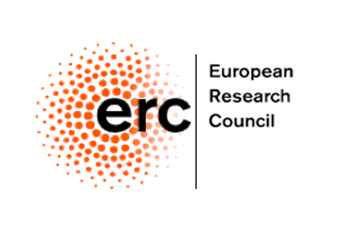European Research Council grants
The European Research Council (ERC) supports innovative frontier research in various disciplines across Europe. ERC grants are among the largest and most prestigious individual research grants in the world. The European Research Council gives out five types of grants, open for the researchers of all disciplines, with research excellence being the only evaluation criterion.
- The ERC Starting Grant for researchers starting their career.
- The ERC Consolidator Grant for independent researchers to support their career development.
- The ERC Advanced Grant for leading researchers with a track record of significant research achievements in the past ten years.
- The ERC Synergy Grant for small teams of top-level researchers.
- The ERC Proof of Concept Grant for ERC grant holders to explore the innovation and marketing potential of the results of ERC-funded research.
Fifteen researchers of the University of Tartu have received a European Research Council grant:
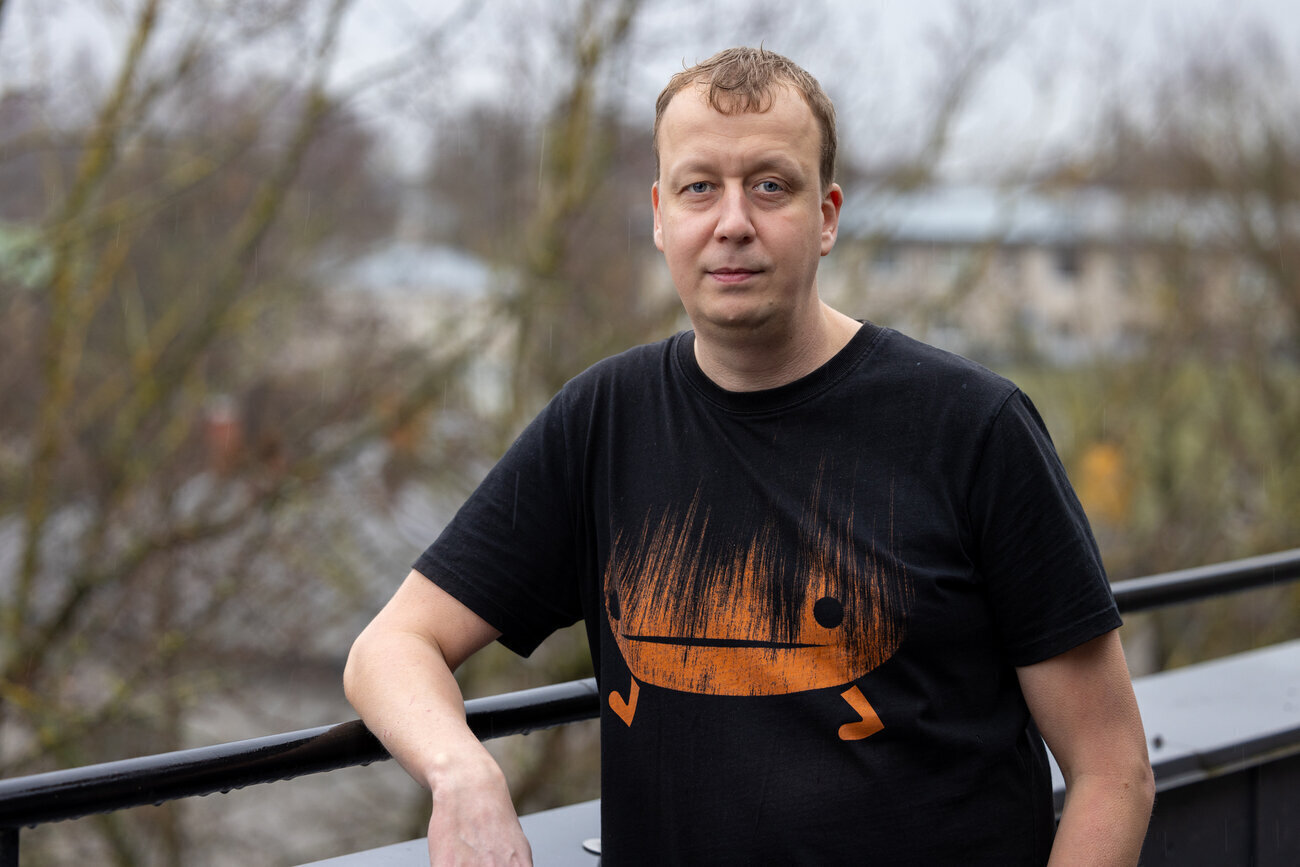
How excessive confidence in science and technology is blocking the deep sustainability turn
During the Industrial Revolution, numerous perceptions, beliefs, norms and practices emerged in society, significantly accelerating the advancement of science and technology. Collectively, these are referred to as industrial modernity. According to Kanger, the concern is that the above perceptions and beliefs are not adapted to the current situation characterised by the unprecedented technological capability of humanity and scope of environmental problems. For example, industrial societies have tended to patch up issues arising from the use of existing technologies with new and more sophisticated technologies. However, doing the same for recent technologies like solar geoengineering or artificial intelligence would be a very risky approach to tackling the climate crisis because of the speed, scale and uncertainty of resulting impacts.
Kanger’s research group will explore the problematic nature of industrial modernity in three ways. First, the evolution of beliefs, norms and behaviours concerning the environment, science and technology over the past 125 years is measured in the world’s 20 largest industrialised countries. Through case studies, the research team will then try to identify exactly how the conventional perceptions about science and technology are blocking sustainable solutions. Thirdly, the researchers are trying to identify the countries least hindered by the legacy of industrial modernity and, therefore, having the greatest potential to enact a deep sustainability turn.
Based on the results obtained, a new theory describing the emergence, maturation, and crisis of industrial modernity will be devised.

Empire of solidarities: a connected history of private charity across a decentred Romanov Empire, 1855–1914
By the late nineteenth century, the Romanov Empire stretched half-way across the globe, turning inhabitants of the land mass reaching from today’s Tallinn to Vladivostok into subjects of one and the same empire. Yet, how far did the inhabitants’ geographical horizons of sympathy extend? Did people living at opposite ends of the empire feel any emotional connection or impulse to help one another in times of need? If so, how were these solidarities enacted and expressed through ideas, emotions, and lived experiences?
Gibson’s project – “Empire of solidarities: a connected history of private charity across a decentred Romanov Empire, 1855–1914” – seeks to redefine conventional centre-periphery approaches to studying empires by recovering horizontal threads connecting regions traditionally studied separately from one another. By analysing little-known cases of intra-imperial charity, aid, and disaster relief, such as Estonian peasants collecting donations to help victims of an earthquake in Semirechye (today’s Kazakhstan and Kyrgyzstan), the project investigates how solidarities were both shaped by, and could also overcome, confessional and ethnolinguistic differences.
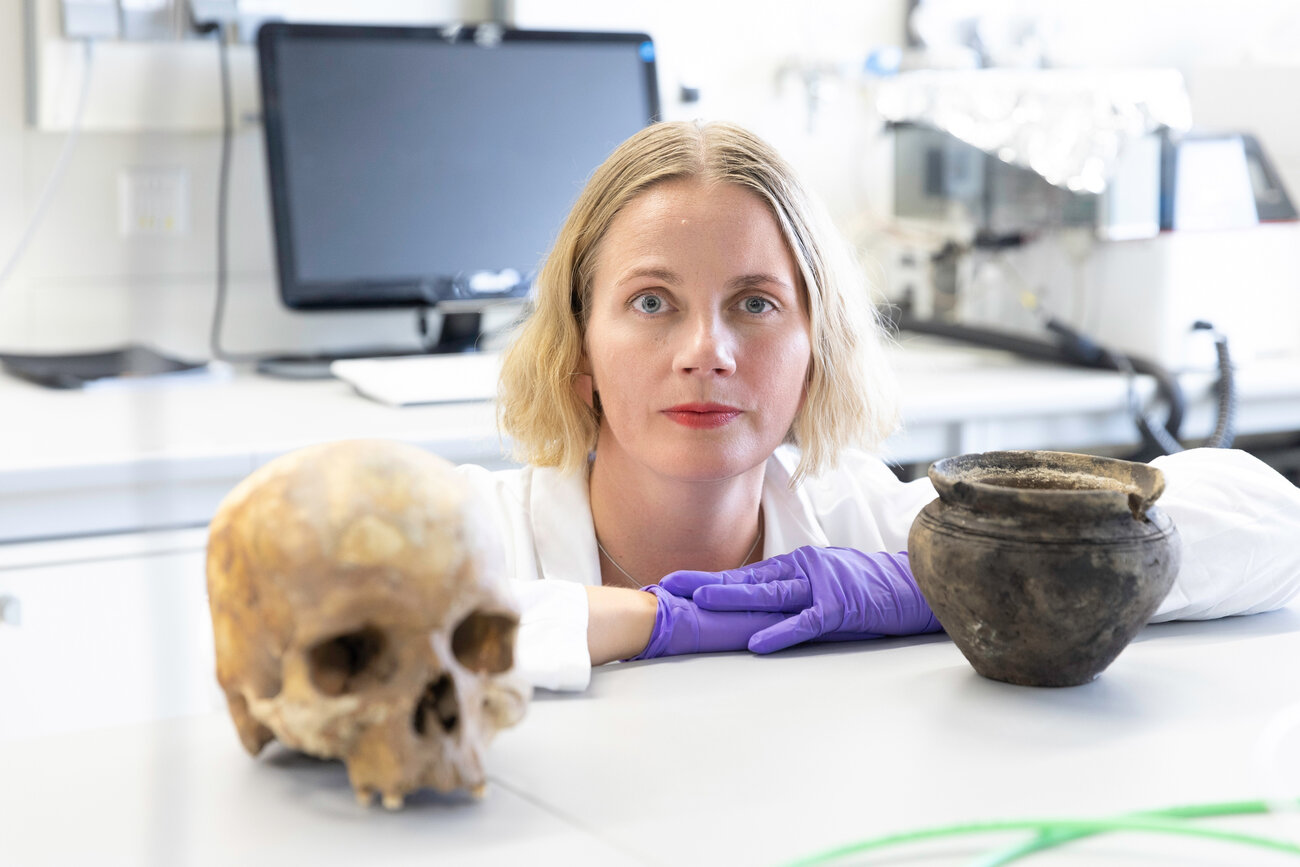
Food identities: biomolecular archaeology reveals multiple and dynamic social identities
The major challenge of archaeological identity studies stems from the dynamic, multidimensional, performative and contextual nature of identities, which are hard to grasp through the material remains alone. To tackle the complexities of different identity manifestations, one possible solution is to investigate the social phenomena that bridge both daily and special events, apply to all members of a community, cover different social categories, and are not limited to material culture. One of these is food.
The study of what people ate is crucial in archaeology because it allows, thanks to modern high-resolution analysis, to reconstruct the intricate details of the human diet from infancy to death at the biomolecular level. The human skeleton and bone tissue change throughout the lifespan. Thus, an analysis of samples from different bone elements can show us how the person spent their childhood, whether they grew up where they were buried and how their identity evolved over their lifetime
The project will have a significant impact on archaeological research. Differently from earlier research that has focused primarily on single molecules, such as fats or proteins, this project will for the first time combine all known methods, including the analysis of different biomolecules and high-resolution methods.
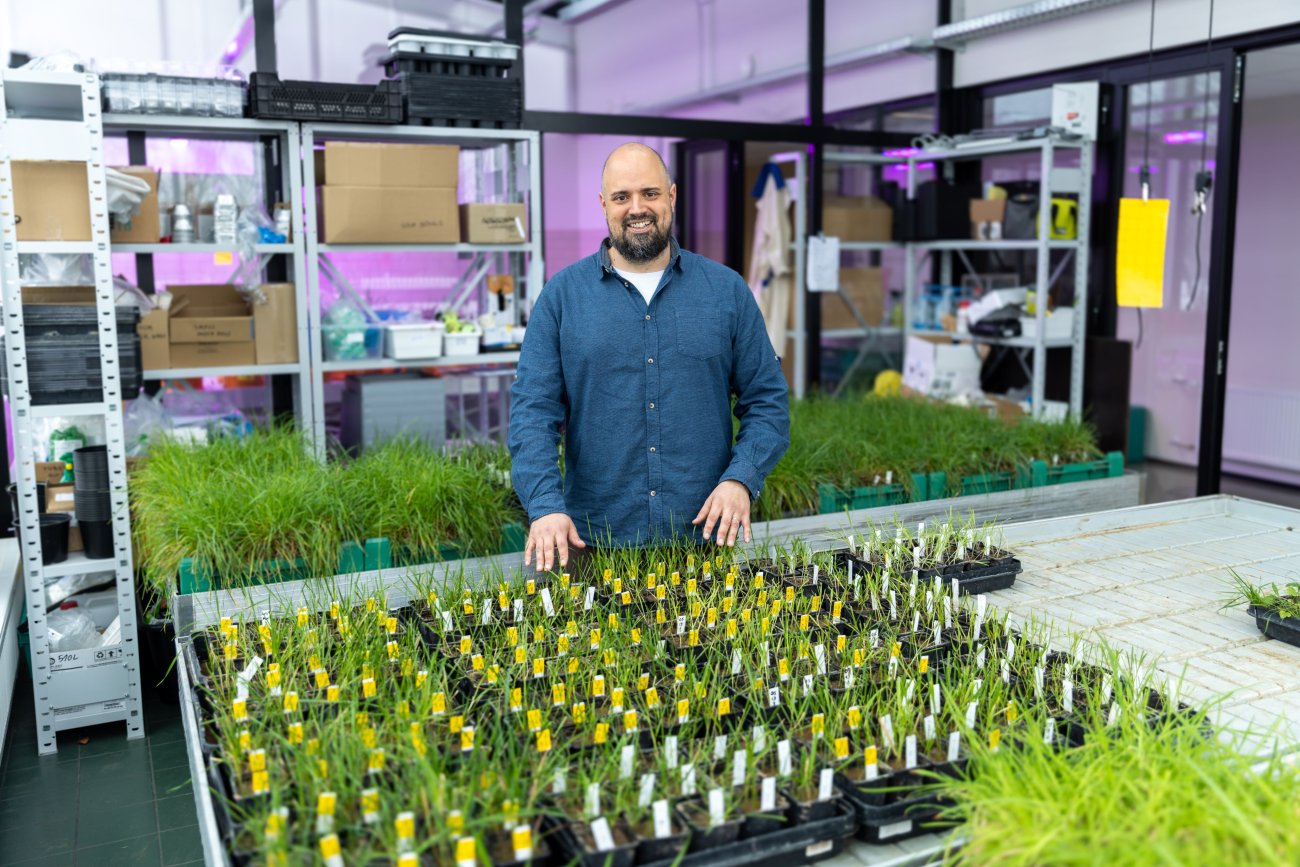
Integrating above- and below-ground plant traits for improved ecological forecasting
Carlos Pérez Carmona's project aims to deepen our understanding of how plants respond to environmental change and how these responses affect ecosystems worldwide. At the heart of the project is the concept of plant traits, including characteristics such as the chemical composition of leaves, the thickness of roots or the size of seeds. By studying the traits, scientists can gain a clearer picture of the diversity of plant life and how ecosystems function. What sets the project apart is its comprehensive approach, integrating data on both above- and below-ground plant traits to create a unified picture of plant functional diversity. Integrating data on plant traits from the top to the roots will allow researchers to predict the effects of different global change scenarios on plant communities and their functioning across scales.
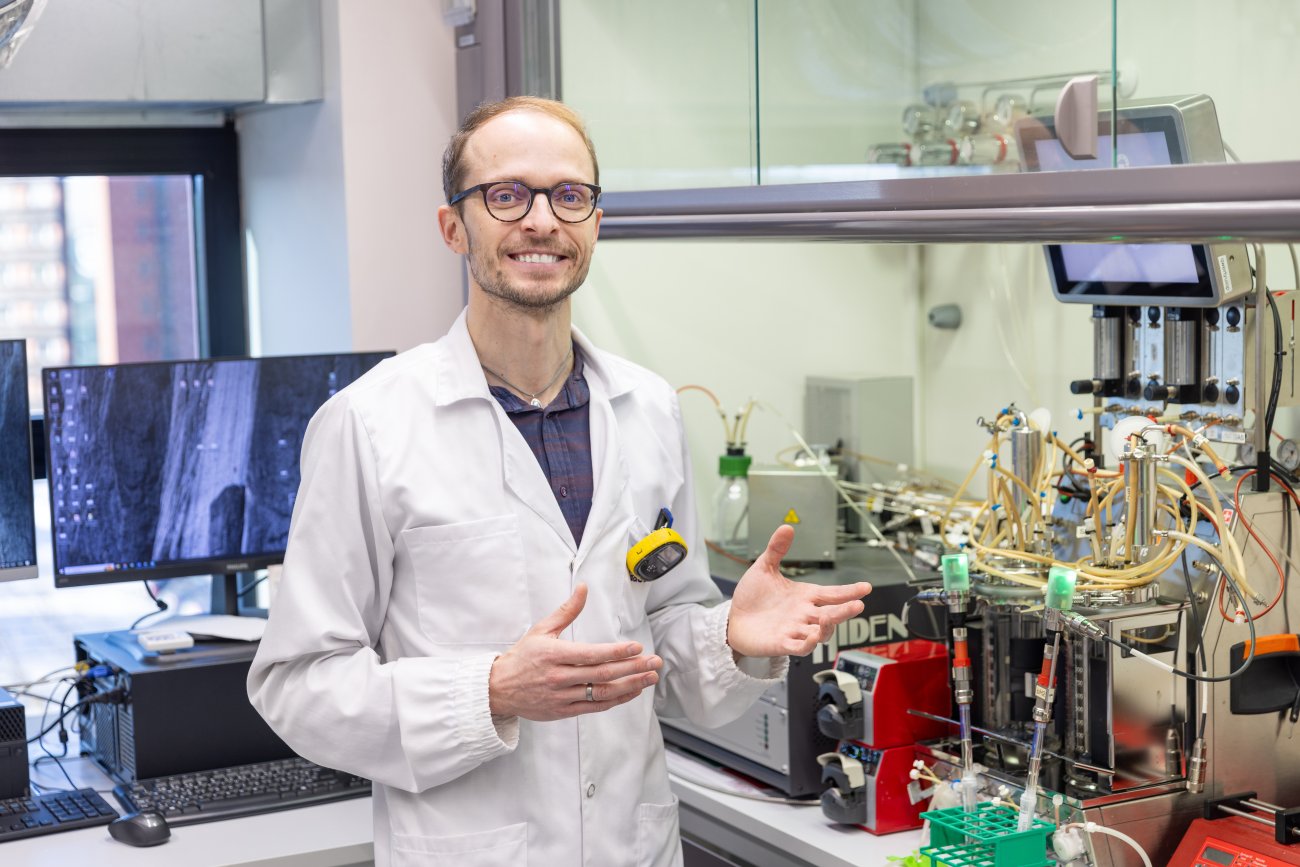
Novel method and knowledge base for next-generation cell factory engineering
This project aims to develop a novel method to genetically engineer a large number of bacterial strains. Over five years, nearly 750 modified bacterial strains will be created, and the data collected in the process and previous similar information on acetogens will be gathered into a public knowledge base (A‑BASE). The new genetic strain engineering method will also be suitable for other microorganisms, and thus, the project is expected to have a significant impact on the entire fields of microbiology, synthetic biology and biotechnology, both in science and industry.
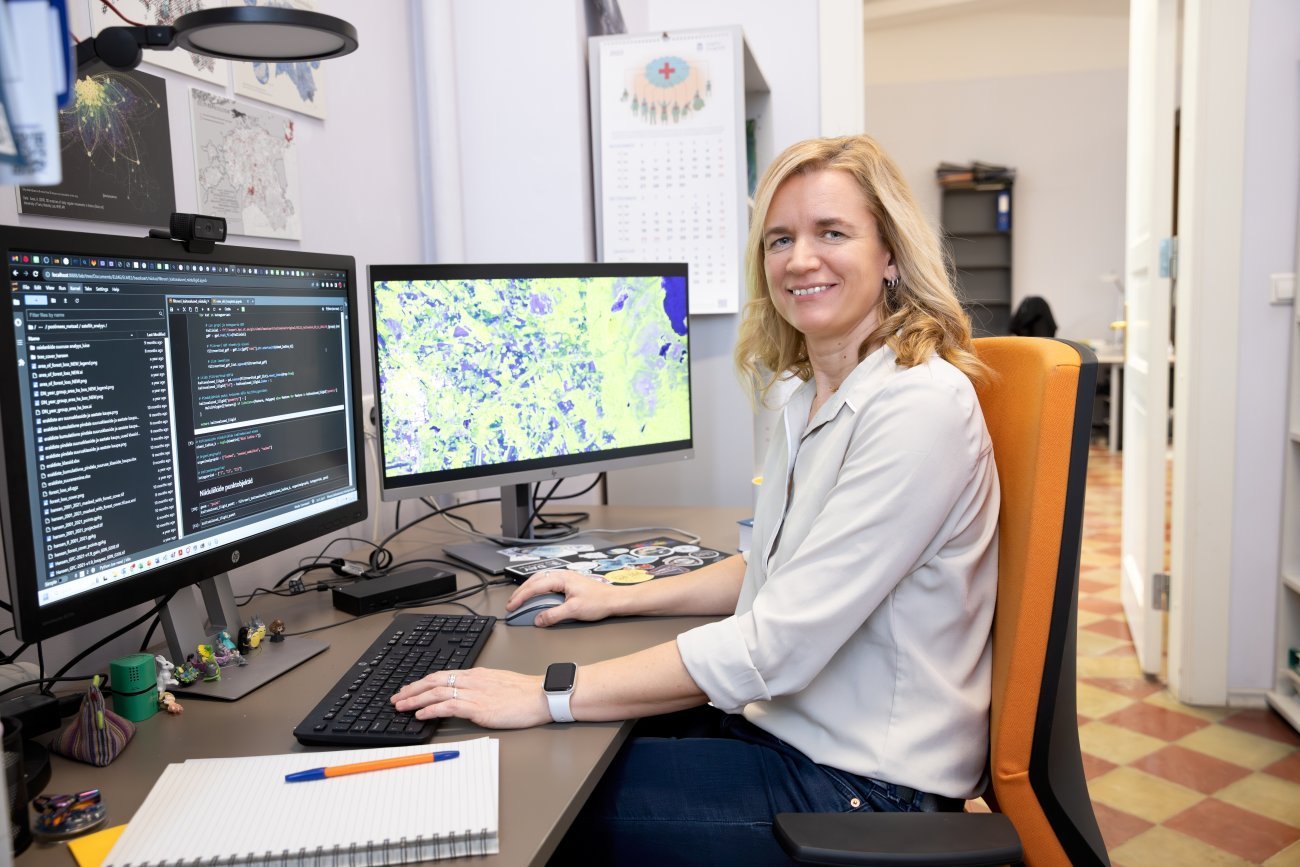
Mitigating the environmental impact of intensive agriculture using geoinformatics
The project develops models based on remote sensing data and machine learning that will enable both farmers and policymakers to plan nature-based solutions in the landscape to mitigate the negative environmental impact of intensive agriculture.
The amount of spatial data available from satellites has exploded in the last 10–15 years. However, this is largely an untapped resource, as the spatial data processing capabilities and the machine learning skills that can be applied to them have not caught up with the large volumes of data. So, this data has largely remained unused in decision-making processes.
Uuemaa's team plans to use spatial data (including remote sensing) to identify critical nutrient runoff hotspots on the one hand, and the most suitable sites for establishing and restoring wetlands and riparian buffer strips on the other.
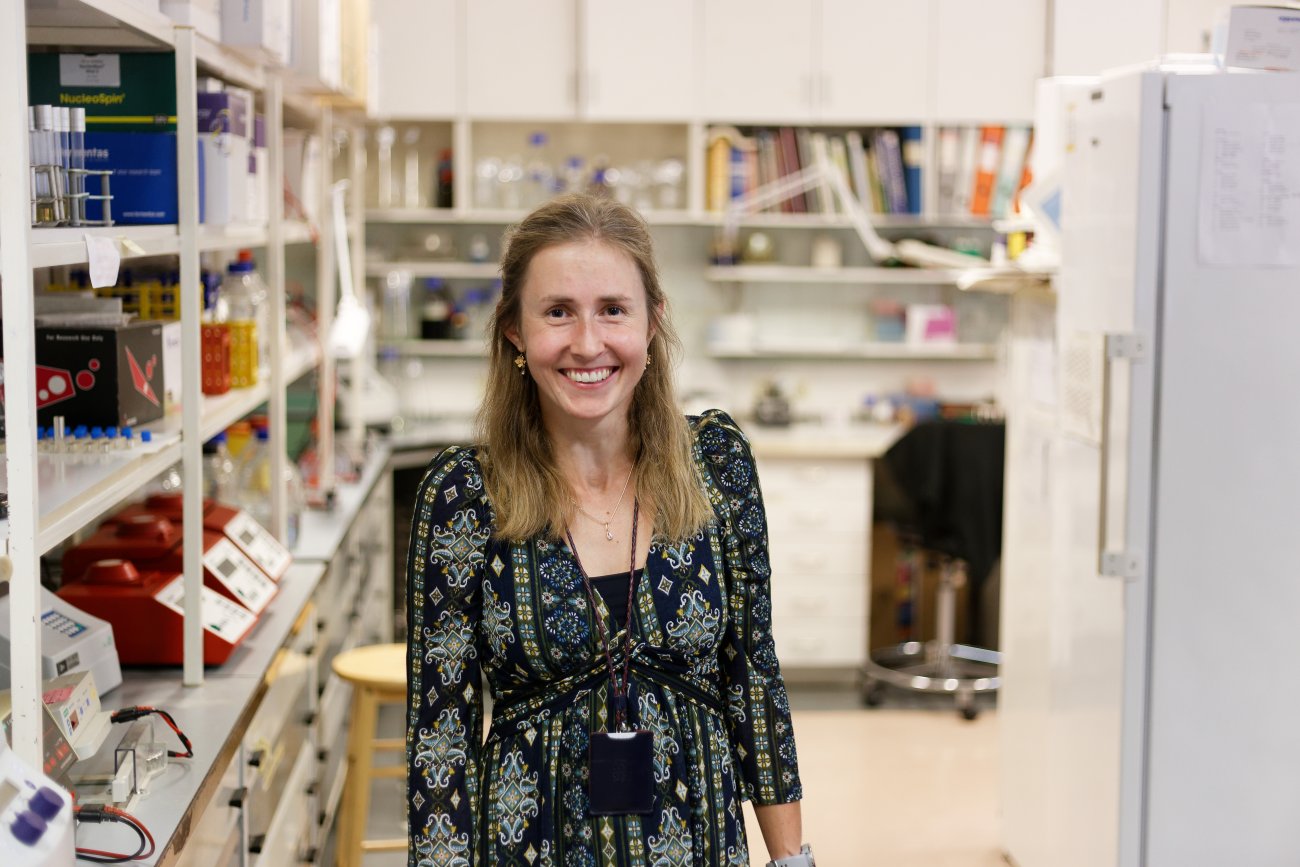
Studying the arms race between bacteria and viruses
Antibiotic resistance is a growing problem in the treatment of infectious diseases caused by bacteria. The two-way defence mechanisms of bacteria and phages, viruses of the bacteria, can offer new solutions to this.
Tamman’s study bridges several gaps in the research on bacteria, phages and their interaction. On the one hand, the researcher studies how bacteria defend themselves against phages. For example, bacteria have defence mechanisms against phages and other stressors, such as the toxin-antitoxin system in chromosomes and the stringent response – the latter puts the bacterium, when stressed, into a kind of hibernation. This helps it survive the antibiotic attack and supports the development and spread of resistance. On the other hand, Tamman hopes to discover what helps the phages paralyse the bacterial stringent response.
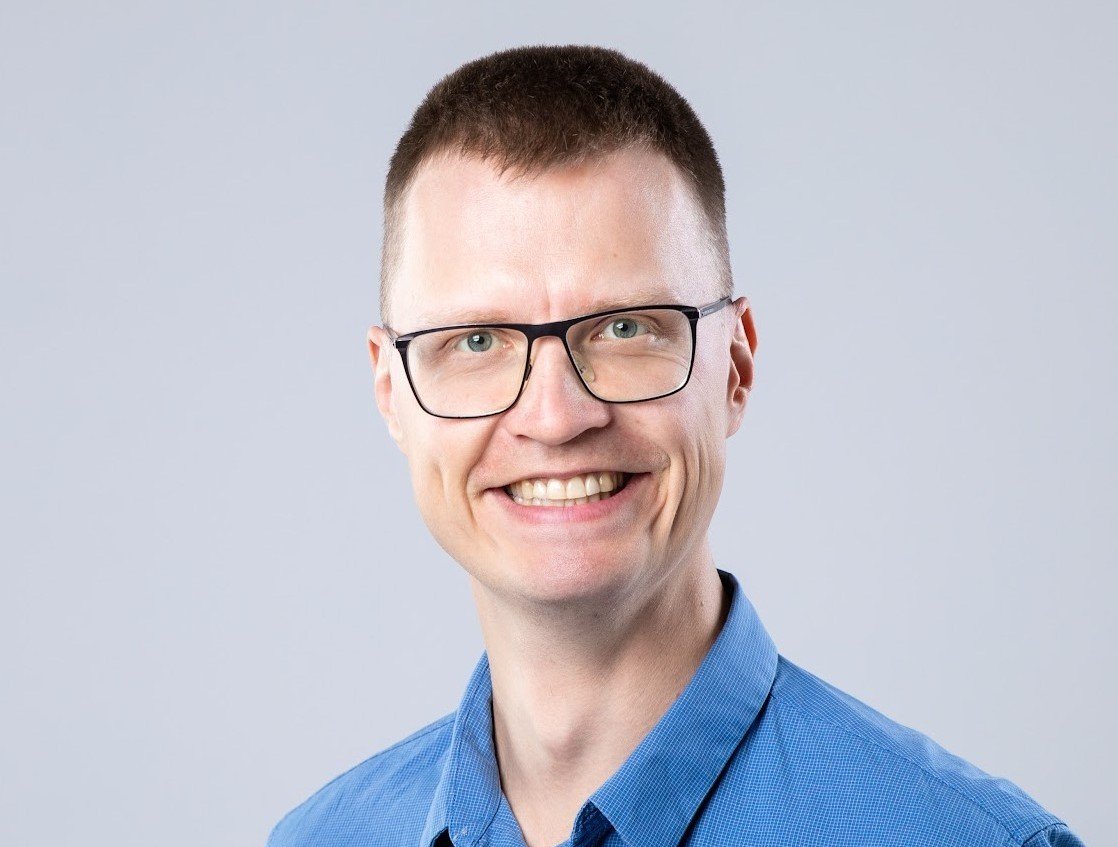
Mapping the behavioural causes of weight change variability with genetic lottery
Obesity is a hereditary chronic disease affecting nearly one billion people worldwide. According to the World Health Organization, by 2030, just over half of the human population will be overweight or obese. Given the health problems that accompany obesity, this is a huge additional burden on healthcare systems and requires rapid and effective solutions.
Vainik's research team is trying to understand what factors might be more broadly predictive of weight loss, whether they have a causal relationship with weight loss success, and whether weight loss programmes can be made more effective by understanding this relationship. In their research, they use machine learning, health data collected in gene banks and a mobile app that supports health behaviour.
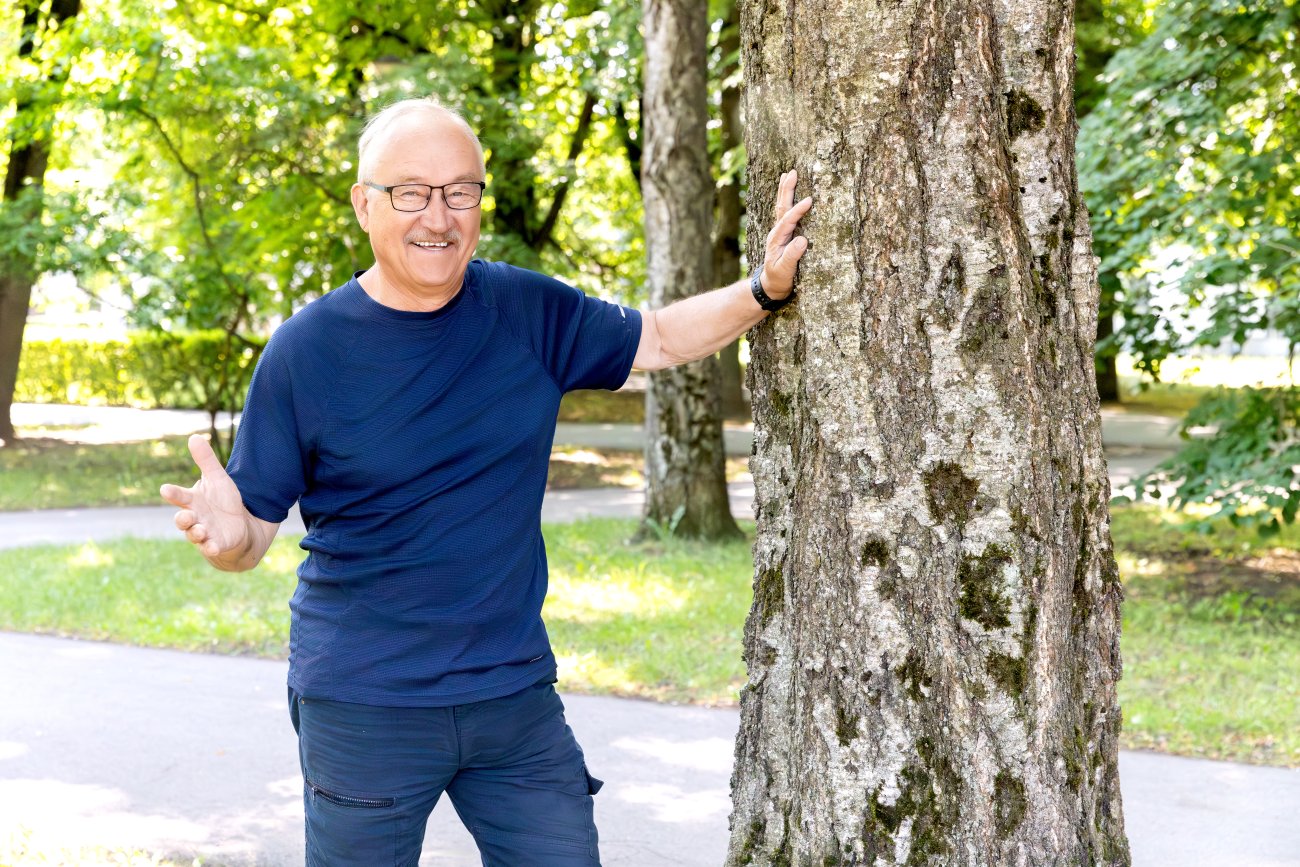
Studying the formation, cycle and effect of laughing gas emitted from peat soils
Nitrous oxide (N2O), commonly known as the laughing gas, is one of the most dangerous greenhouse gases produced by microbial life in the soils of agricultural areas and drained peatlands. Reaching the stratosphere, it destroys the ozone layer that protects the Earth from UV radiation. Ülo Mander, Professor of Physical Geography and Landscape Ecology at the University of Tartu, studies the cycle of N2O in fens and peatlands, its links to global climate change, and possible land-use practices that could help curb the production of this greenhouse gas in the future.
The research project will take place in three N2O emissions hotspots: the northern part of Borneo Island in Malaysia, the Amazon lowlands in Peru and the world’s largest tropical wetland area in the Congo Basin. In addition to peat soils, N2O emissions will also be measured above tree crowns. Incorporating the obtained data into existing N2O cycle models will also enable the researchers to assess the effects of climate change on the nitrogen cycle, predict emission peaks, propose improvements to the data underlying the International Panel on Climate Change (IPCC) reports, and adjust land-use strategies and future scenarios based on them.
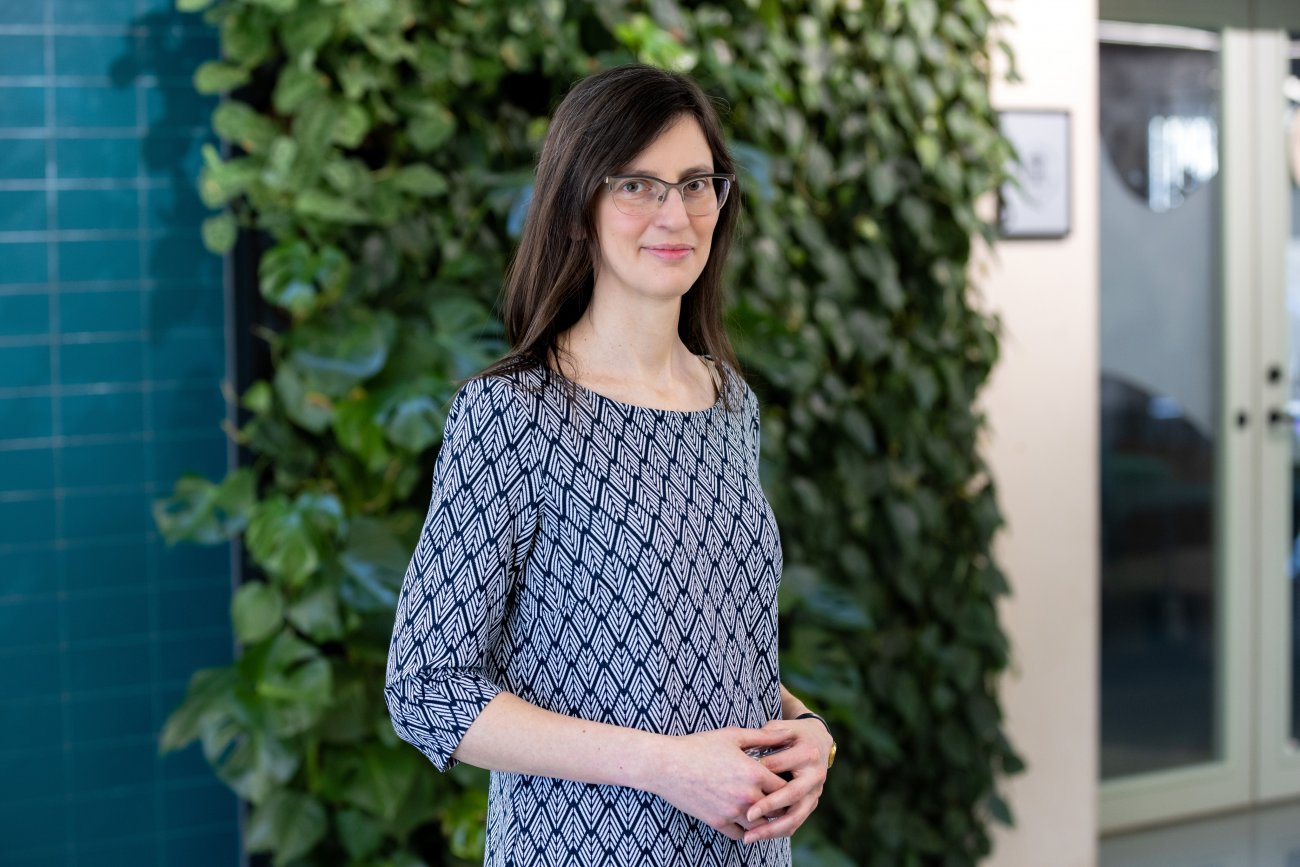
Which is the impact of land-use change on plant species and soil fertility?
Associate Professor of Plant Ecology Marina Semchenko studies the effect of land-use change on the interactions between plants and soil organisms. The evolutionary changes occurring in these interactions affect soil fertility, drought resistance and carbon sequestration capacity.
The biodiversity of the world’s ecosystems is depleting at an accelerating rate. This is why biodiversity and landscape restoration is one of the major goals of the United Nations and the European Commission for the near future. Semchenko’s research project provides essential information for improving the efficiency of the restoration work. The research will focus on grasslands in different regions of Europe and will determine how evolutionary changes in plant populations affect soil processes and their resilience to drought.
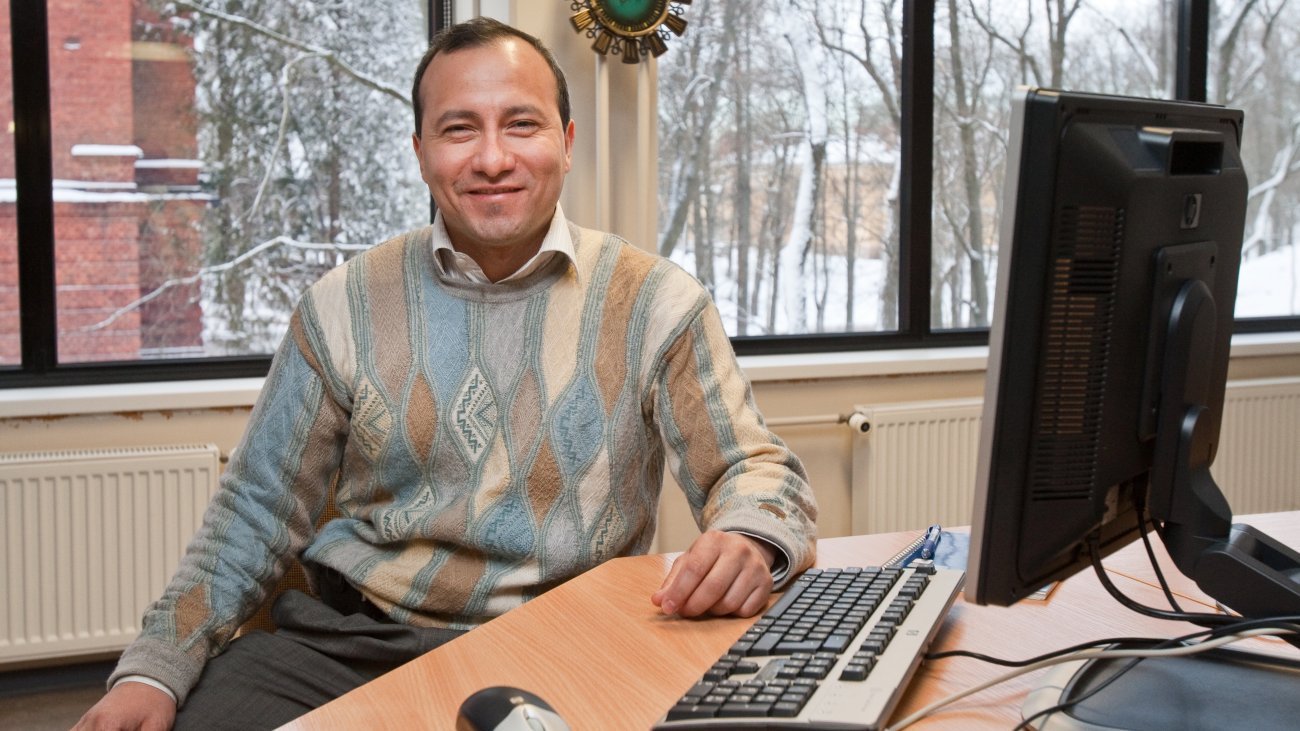
The Process Improvement Explorer (PIX): Automated Discovery and Assessment of Business Process Improvement Opportunities
Business processes are the operational backbone of modern organisations. Their continuous improvement is key to achieving business objectives, be it with respect to efficiency, quality, compliance, or agility. Accordingly, a common task for process analysts is to discover and assess process improvement opportunities.
Current approaches to discover process improvement opportunities are expert-driven, while experts are guided by established principles and guidelines. Under the leadership of Professor Dumas, algorithms are created that find ways to improve business processes by analysing the usage logs of software used in the organisation. For example, such algorithms can be used to automate repetitive routine activities or make more efficient the rules that guide the assignment of tasks to employees in business processes.
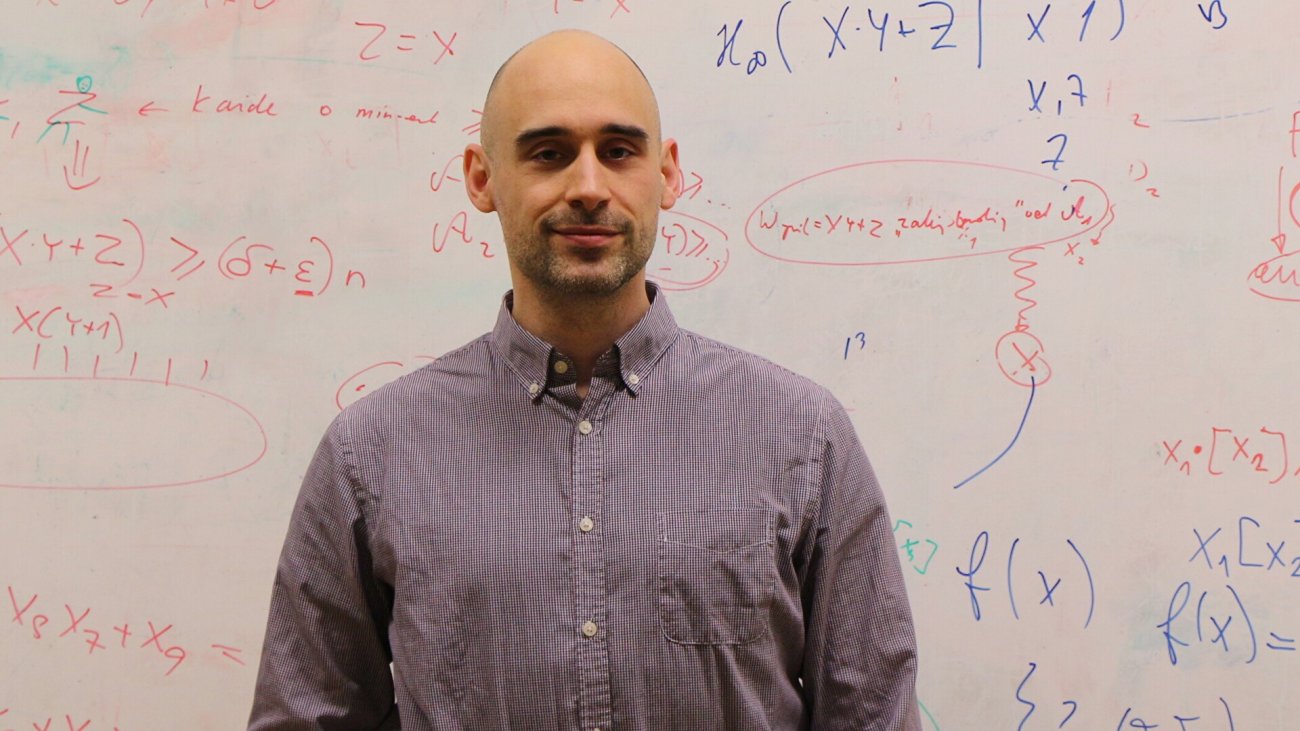
Certified Quantum Security
Digital communication permeates all areas of today's daily life. Cryptographic protocols are used to secure that communication. The advent of quantum computers creates new opportunities for cryptography, both in terms of breaking existing classical protocols and creating new quantum cryptography-based protocols. To ensure that digital communication remains secure in the future, in the age of quantum computing, the UT Professor in Cryptography Dominique Unruh is developing methods to mathematically verify the security of new quantum protocols using computers.
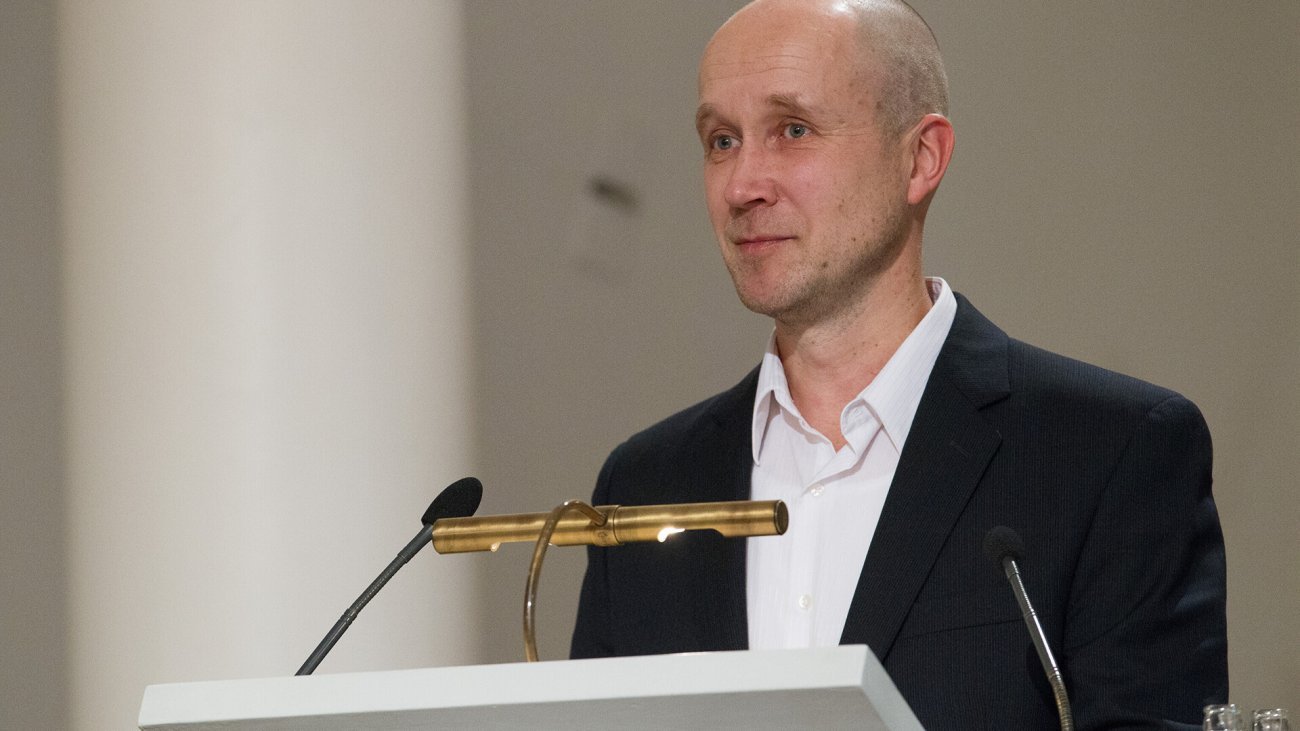
Commercialising a novel glioblastoma targeted therapy and a companion diagnostic compound
Glioblastoma is one of the most common forms of brain tumour. UT Professor of Nanomedicine Tambet Teesalu and his research group have developed a novel cancer therapy based on tumour penetrating peptides that allows using nanoparticles to deliver cancer drugs directly to tumour cells, leaving healthy cells intact. This particular project aimed to take the development work further to get closer to using the research results in the pharmaceutical industry.
Funding: ERC Proof of Concept Grant
Period: 2018–2019
Brain tumour penetrating peptides
Funding: ERC Starting Grant
Period: 2012–2016
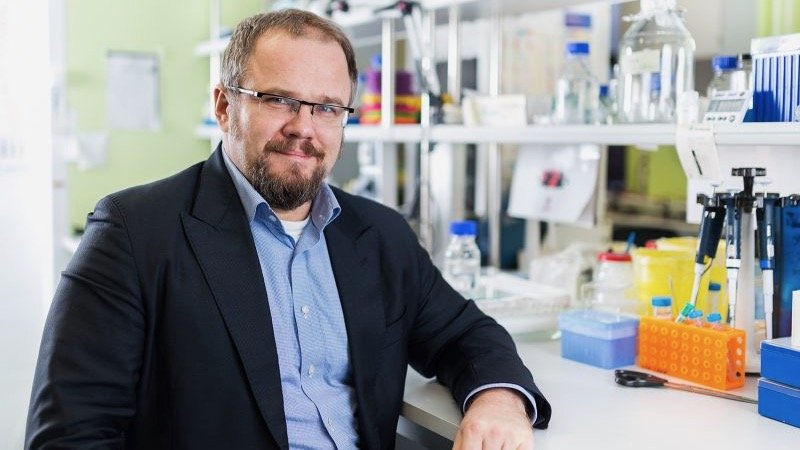
Phosphoprocessors - Biological signal processing via multisite phosphorylation networks
Multisite phosphorylation of proteins is a powerful signal processing mechanism playing crucial roles in cell division and differentiation as well as in disease. Loog aimed to develop an entirely unique toolbox of circuit elements that can be used in synthetic designer cells, which could find a wide field of applications ranging from pharmaceutical production to biosensors.
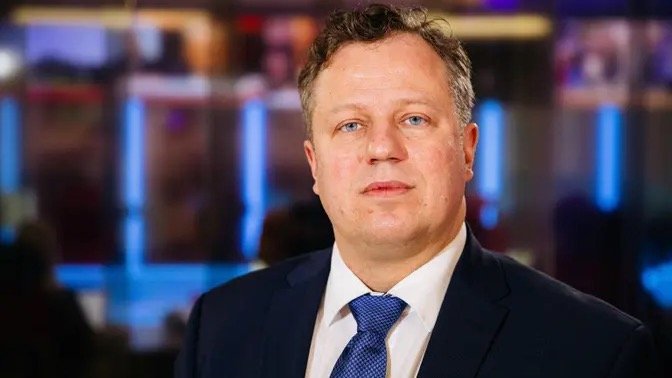
International Law and Non-liberal States: The Doctrine and Application of International Law in the Russian Federation
The project's goal was to find out whether and in what ways the doctrine and practice of international law in the Russian Federation differs from the European mainstream. Theoretically, the central question was whether the increasingly illiberal domestic order in Russia impacts her understanding of international law, and what this says about international law and non-liberal states more generally.
